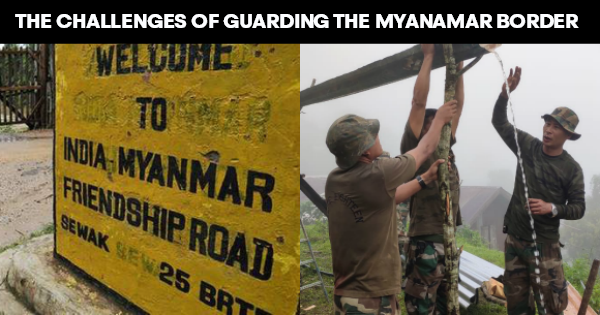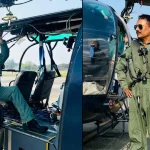India’s 1,643 kilometres long crime-ridden, topographically intricate, and the physically remote border with Myanmar is a hotbed for ethnic insurgency and a conduit for narco-trafficking and gunrunning in entire Southeast Asia. Soldiers from India’s oldest paramilitary outfit, the Assam Rifles are in charge of patrolling this punishing border. The Assam Rifles personnel deployed to secure this vast frontier are woefully ill-equipped and sporadically deployed across the physically daunting terrain. These Sentinels of the Northeast are tasked to counter everything from ethnic insurgency, arms smuggling, narco-trafficking to frontier security. The soldiers serving on the Myanmar border are overworked and criminally understaffed.

Hit, Run, Retreat and Repeat!
The Institute of Defence Studies and Analysis reports estimate around 2,000 cadres of insurgent groups operating in the seven sister states. These extremist outfits are notorious for attacking keeping in mind the principle of force dispersion by employing brutal hit and run tactics and then promptly retreating to seek refuge across the border, where these outfits recuperate, recalibrate, plan and proceed to execute future ambushes.
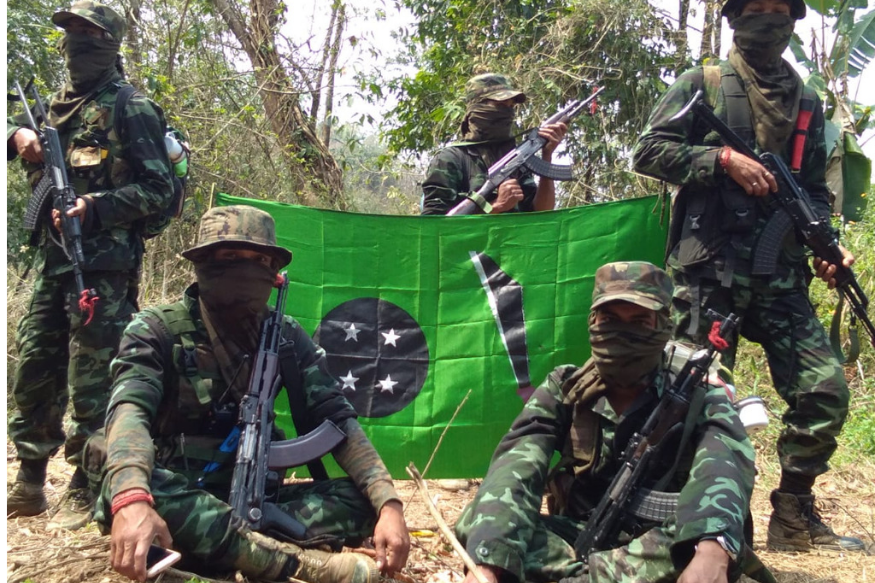
Guns, Drugs and Rebels!
Adding to the complexities faced by the frontiersmen gaurding this boundry is the presence of transnational crime. The feasibility factor is a crucial factor which plays a part in the continuation of an insurgency. What the feasibility factor means is that the smooth flow/availability of arms and external support is a decisive factor in the continuation of an armed revolution in a region. Myanmar is a crucial part of the golden triangle, coupled with its porous borders and a free movement treaty with the Indian government, makes the place ripe for a prolonged insurgency.
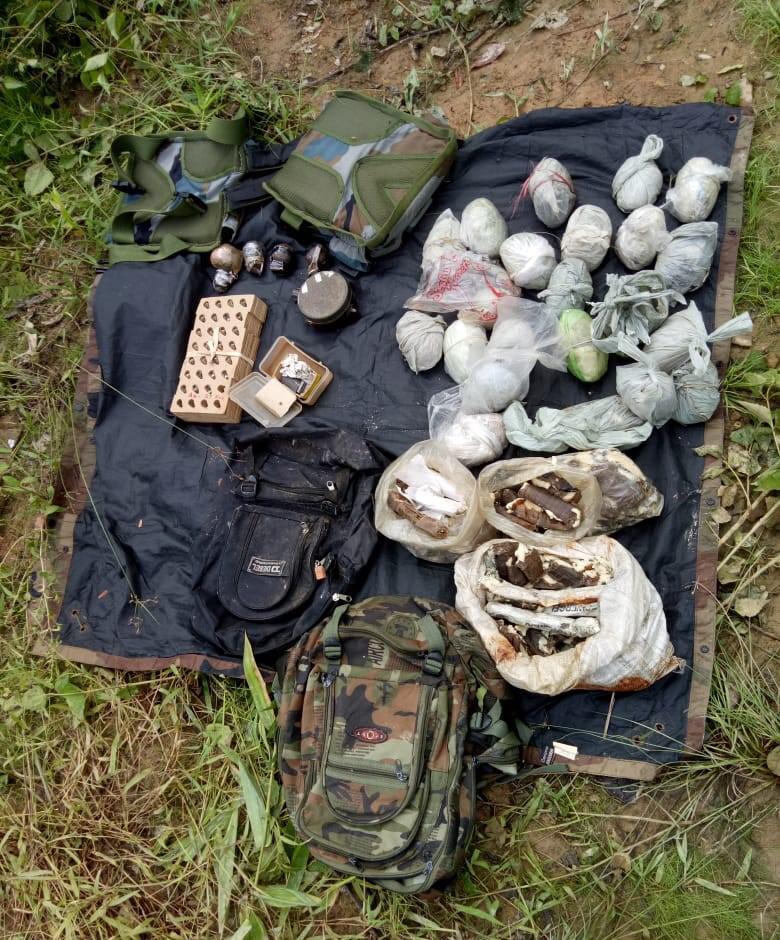
Myanmar, as mentioned earlier, is a central part of the Infamous Golden Triangle, this implies that most of the region’s narcotics pass through the country. India’s proximity to the Burmese nation places it right at the heart of a sophisticated drug trafficking operation. This allows a smooth flow of illegal substances like heroin and amphetamine-type drugs making into India via smuggling routes through Mizoram, Manipur, Nagaland among others. Narcotics trafficking is a two-way street, with drugs from India making its way to Myanmar via the same directions.
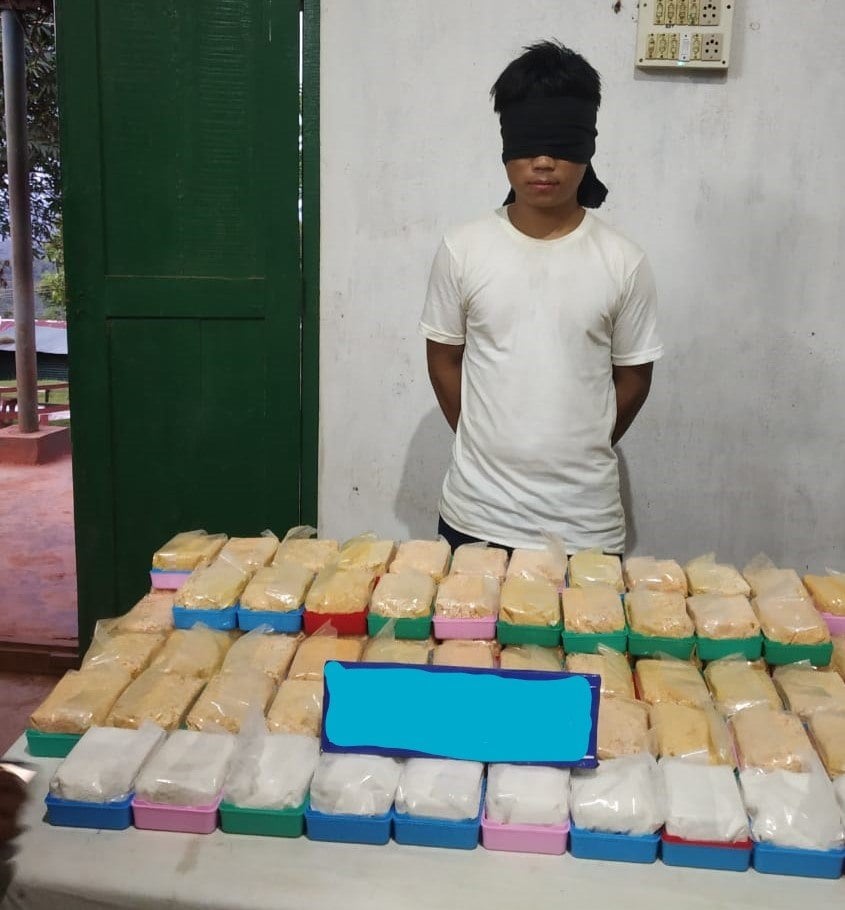
Smaller insurgent outfits leverage the booming drug trade to fund their operations. While the larger, more established militant groups run protection rackets, allowing drugs safe passage for a price. This cooperation has led to a vicious nexus between the organised crime syndicates and militant groups.
Free Movement Regime, a Licence To Smuggle?
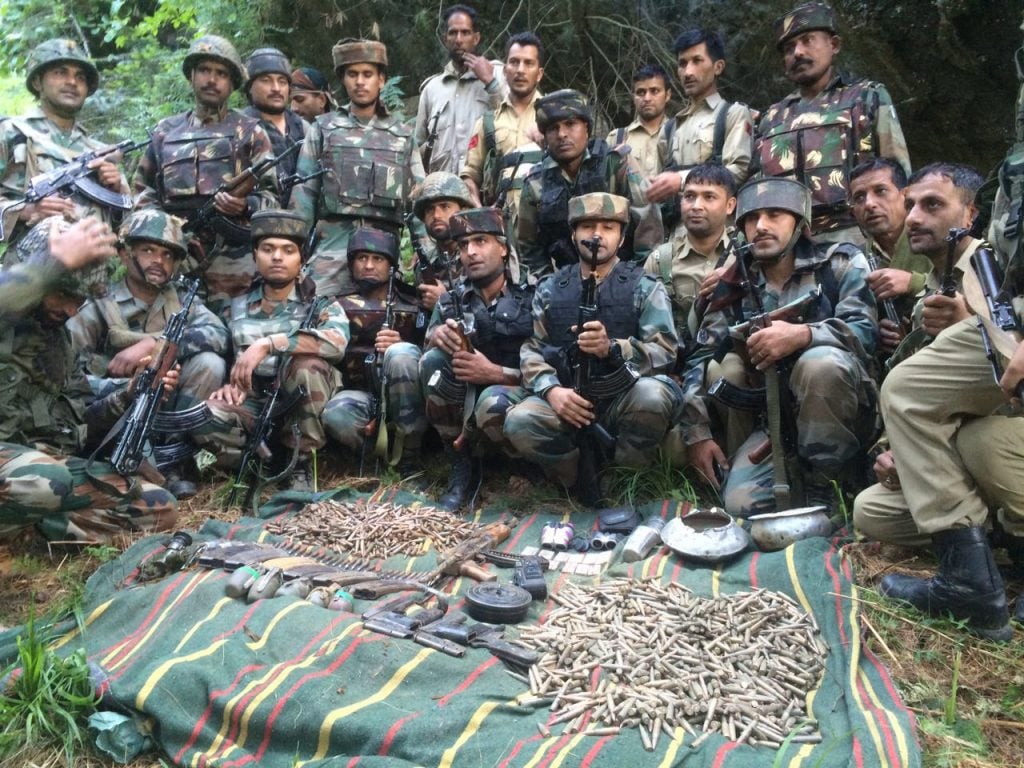
The Free movement regime signed between the two countries is a unique border crossing arrangement, allowing tribals living in close proximity to the border to travel 16 km into their neighbouring countries territory without the requirement of a Visa. While this provision is indeed a noble initiative helping tribals maintain their ethnic ties, it has for all practical purposes proven to become a security nightmare! The provisions of this treaty have been leveraged extensively by insurgent groups to further their nefarious designs. A particular clause which aided insurgency in the northeast is the provision allowing for tribals to carry a headload. These unchecked headloads have been utilised to bring in drugs, guns, parts of firearms and other illegal articles into the country.
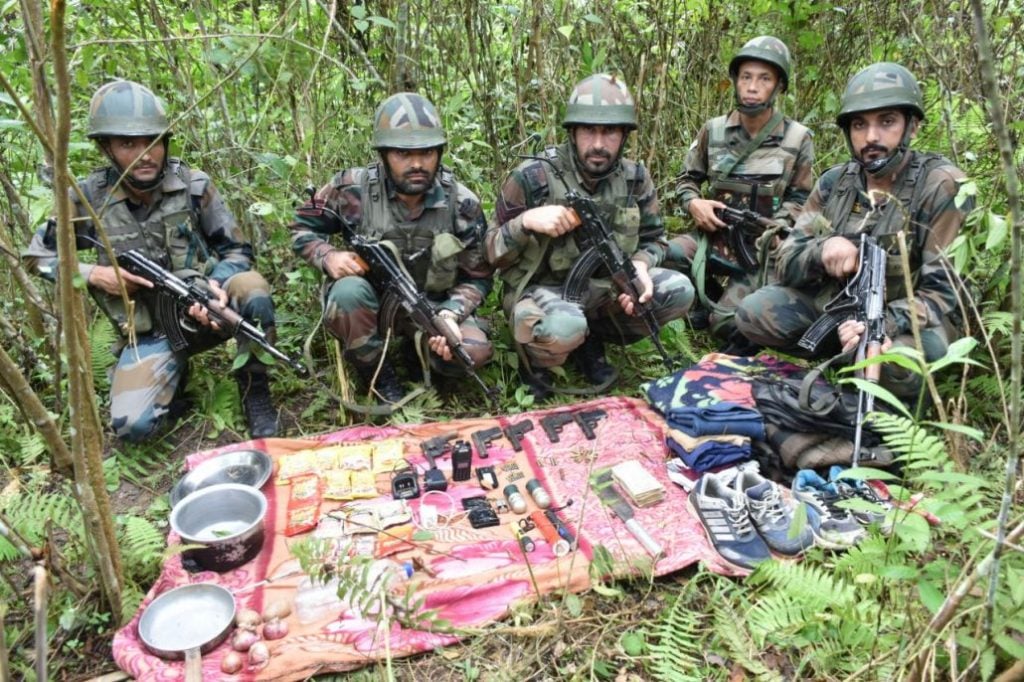
A Topographical Nightmare
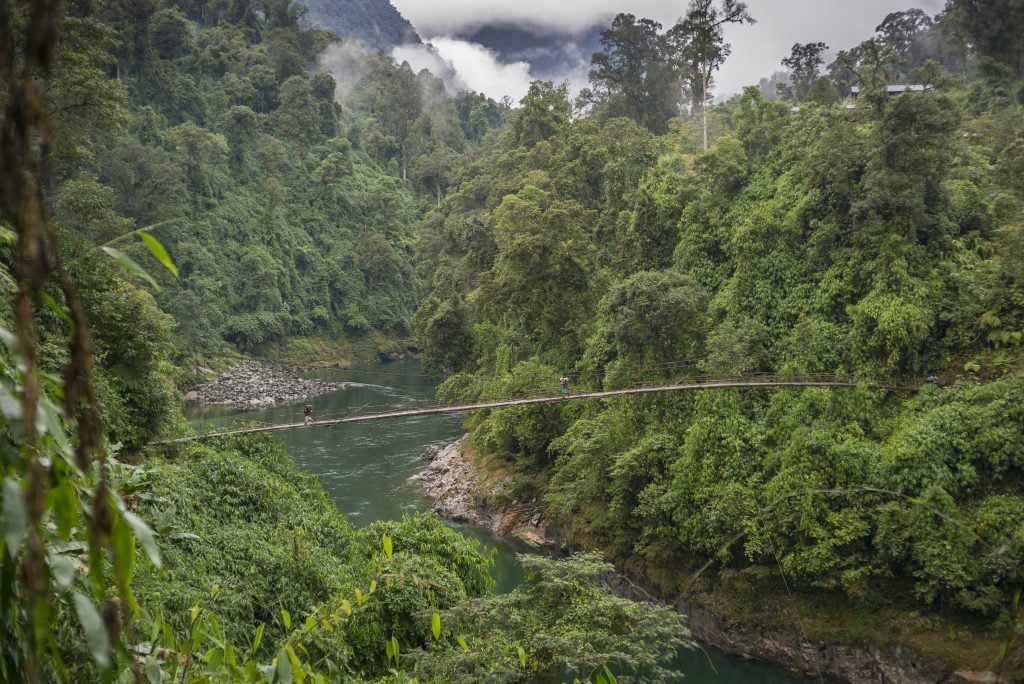
The topography is diverse with transverse mountains, inhospitable terrain, surging rivers and dense forest canopy astride the border offer safe havens to the ethnic militias, which ipso facto control the region. Terrain difficulties enable anti-India rebel groups such as the NSCN-K, NSCN-IM, ULFA, PLA, (UNLF-M) and the like, to operate from the remote hills of western Burma. Their base camps are exceptionally mobile operating with highly reliable information networks, aiding their continued resistance. Soldiers have to patrol in jungles often with near-zero visibility adding to the challenges are the lack of quality phone lines and connected roads making the serving conditions punishing to the soldier posted there. The brutal and arduous terrain in which the Assam Rifles and other CAPF personnel carry out there operations take a massive physical and psychological toll on the personnel operating in the region.
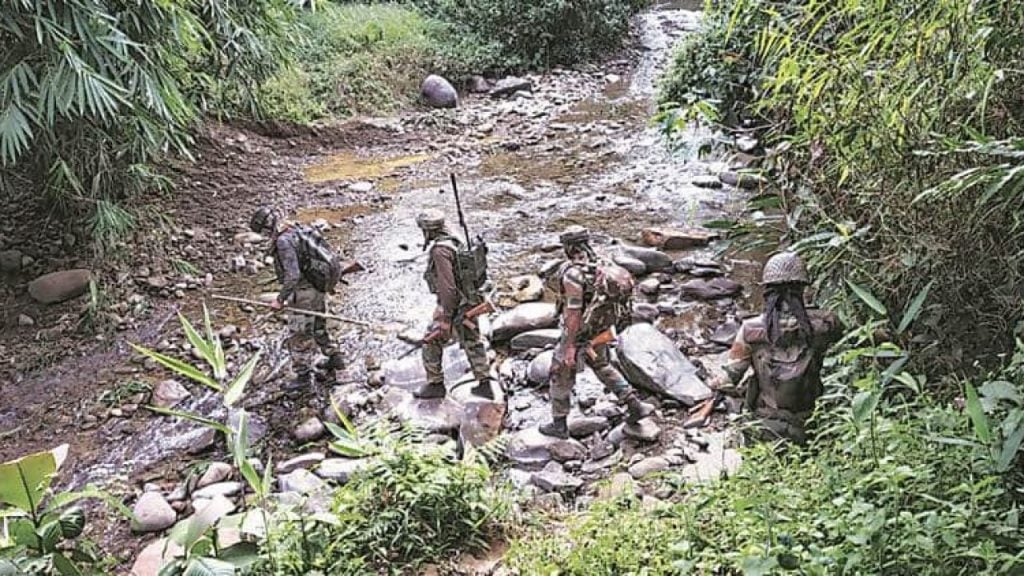
Criminally Overworked and Understaffed
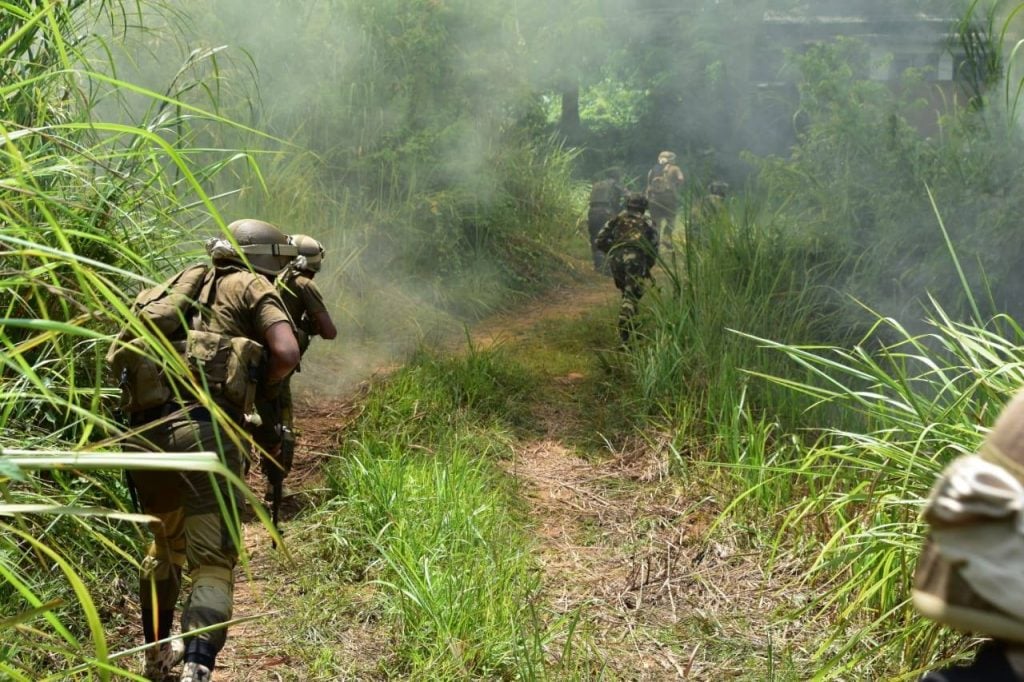
Life of a soldier by virtue of profession is not easy, with members of the armed forces expected to go the extra mile, however, the sheer disregard for soldiers well being an efficiency makes deployment to the Myanmar border an added challenge. The Paramilitary Assam Rifles, comprising primarily of army officers are not given a clear cut set of tasks to be performed, adding another layer of ambiguity into an already ambiguous job profile. The sporadic deployment and jack of all trade duties given to the Assam Rifles soldiers is borderline criminal.
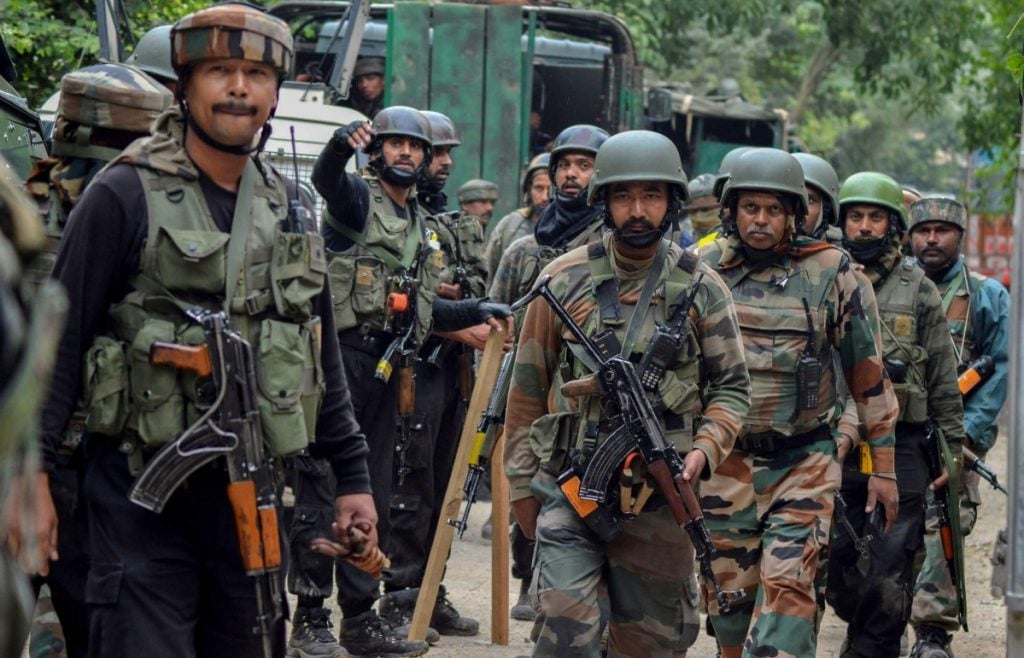
There is a lack of adequate deployment of the force with only 15 battalions out of 46 battalions of the Assam Rifles available for border guarding purposes while the rest of force is bogged down with counter-insurgency operations. These 15 battalions are also not uniformly deployed at the border or spread out unevenly in company-operated bases (COBs) stationed deep inside, thereby preventing the force from dominating the border domination and restricting their ability to prevent illegal cross-border movements. Furthermore, efforts to build a 10 km fence to prevent cross-border movement of insurgents have also been stalled because of agitations by the tribals. All of the aforementioned, added with the stress and isolation of the military affects the psychological wellbeing and personal effectiveness of a soldier.
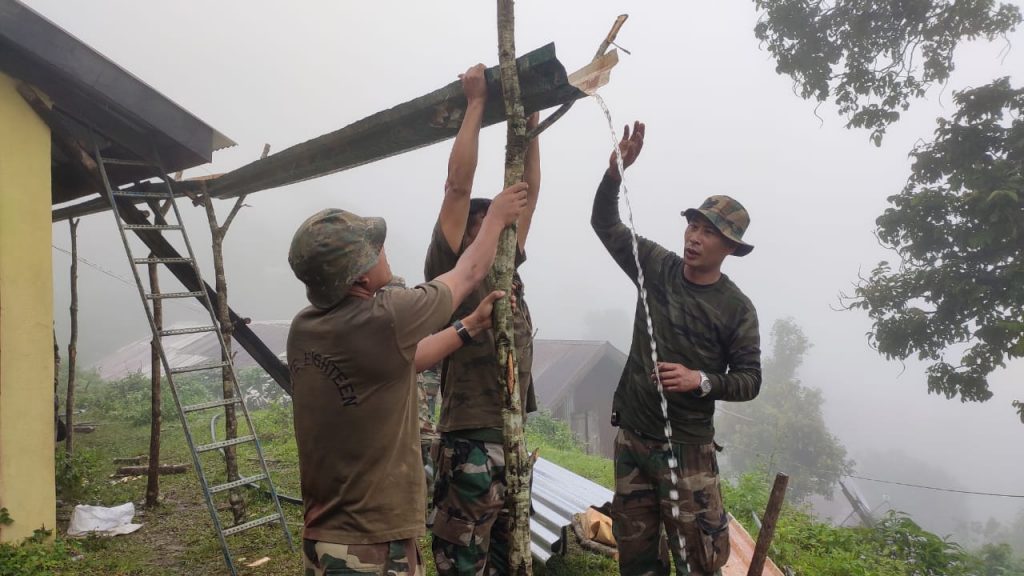
Policymakers, Kindly Look East!
The Assam Rifles and other uniformed forces tasked to secure the Myanmar border are doing a commendable job given the circumstances available to them. Policymakers should, for the sake of operational efficiency and border security, pay more attention to this volatile border. Critical border infrastructure and sophisticated equipment are immediate requirements and should be focused on without any further delay.

